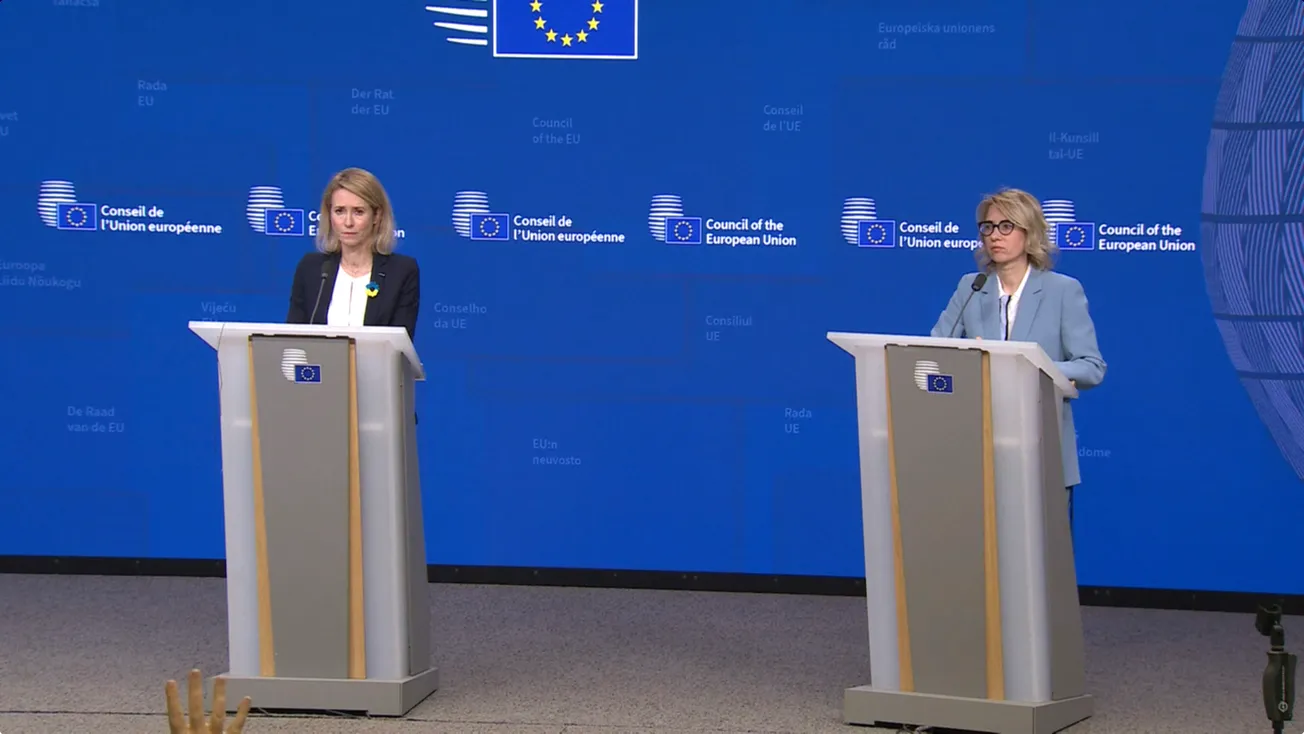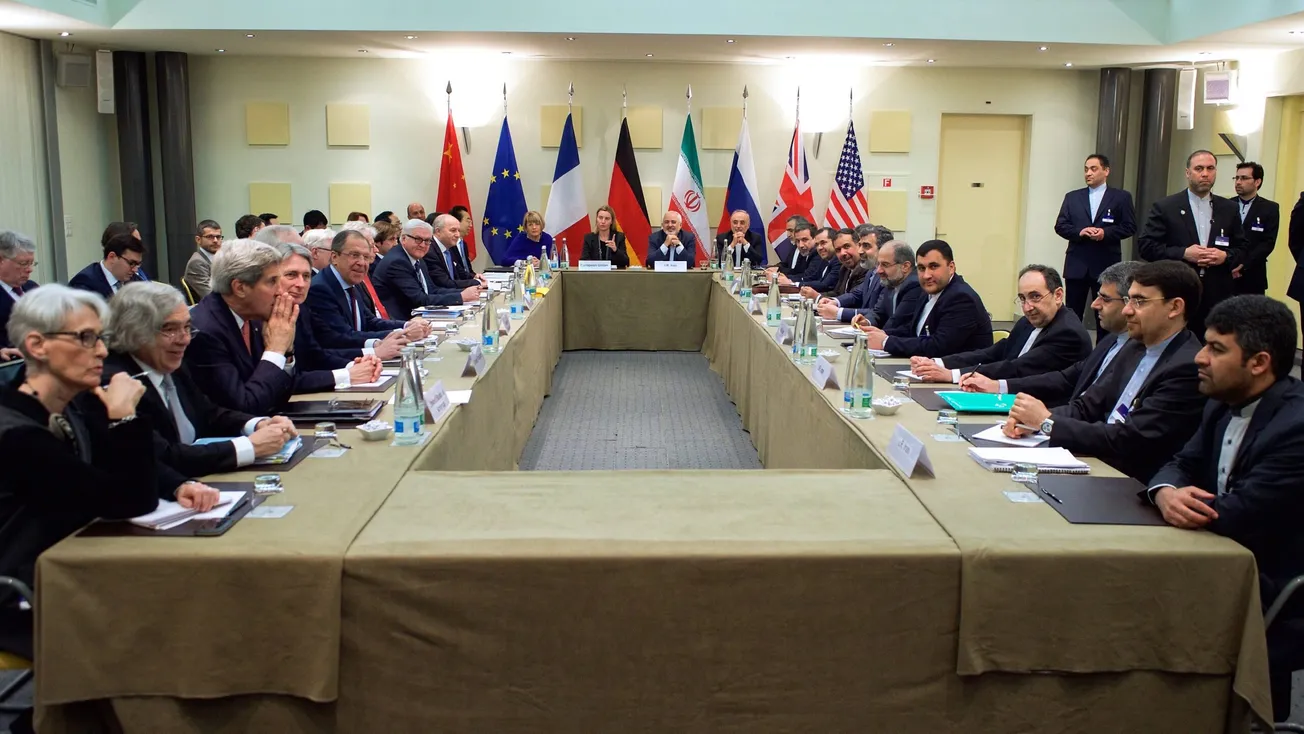Russian Deputy Permanent Representative to the United Nations Office and Other International Organizations in Geneva Andrey Belousov, in remarks on Aug. 5 at the Tenth Review Conference of the parties to the Nuclear Non-Proliferation Treaty (NPT) in New York City, charged that NATO’s reckless policy of moving its nuclear potential closer to the Russian borders only adds to the risks of a nuclear conflict.
“NATO openly says that it is a nuclear alliance. U.S. nuclear weapons are deployed on the territories of non-nuclear allied countries, practical scenarios of their use involving non-nuclear countries are being looked at,” he said during the conference. Furthermore: “The anti-Russian orientation of these steps is not concealed, and it is publicly said that these potentials may be moved closer to the Russian borders. Such reckless actions are adversely affecting international security, increasing the risks of a nuclear conflict and hampering disarmament efforts….
“U.S. nuclear weapons should return to their home territory and the infrastructure of their deployment in Europe should be dismantled. NATO must stop the practice of joint nuclear missions.”
This news service is not aware at this time of any activity towards moving U.S. nuclear bombs stored in Europe eastwards. However, Poland is a member of NATO’s nuclear planning group and the current Polish government has expressed interest in hosting U.S. nuclear weapons.
Belousov also rejected insinuations about Moscow placing its nuclear deterrent on “high alert,” explaining that the current state of “increased vigilance,” with extra personnel on duty at strategic command posts, is “completely different” from the actual “state of high alert of strategic nuclear forces.”
RT notes, that while he did not name the accusers, Belousov’s response comes after the Ukrainian delegation to the NPT conference accused Moscow on Aug. 3 of “nuclear terrorism” and “openly threatening the world with its ability to use nuclear weapons,” citing alleged rhetoric by “Russian media, think-tanks and experts.” Two days earlier, U.S. Secretary of State Antony Blinken also accused Russia of “reckless, dangerous nuclear saber-rattling” against “those supporting Ukraine’s self-defense.”
Belousov explained that any warnings about a “serious risk of nuclear war” ever voiced by actual Russian officials in the context of the Ukrainian crisis were always directed at NATO, as a way to deter Western countries from direct aggression, as they “dangerously balance on the edge of a direct armed confrontation with Russia.”




